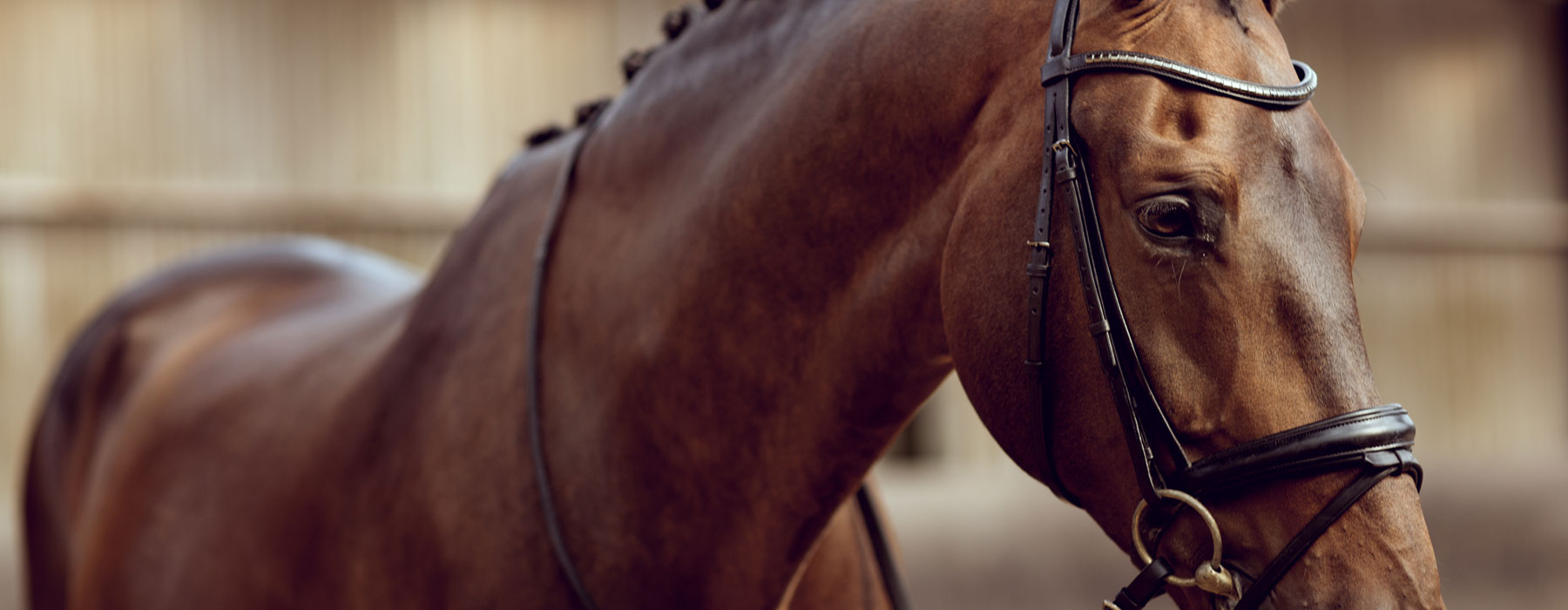Your Horse column – Recording the correct details on your horse’s passport
Q My friend has a pink papered Hanoverian who has a genuine age of 18.
The mare is talented and looks fantastic, but my friend confided in me that she intends to ‘lose’ the Hanoverian Society passport and apply for a new standard one – with a new, younger (and false) age for the horse – and then sell her on. Obviously this has both moral and legal implications. What should I do?
A If your friend proceeds in obtaining a passport for the horse which contains false information and knowingly sells it on a buyer would have a valid claim for fraudulent misrepresentation.
The basic rule in English law is caveat emptor – buyer beware. It is the purchaser’s job to exercise due diligence and ensure that he/she is getting what he is paying for. This is just one of a number of reasons for insisting on a veterinary check prior to purchase. When the seller is selling in the course of a business, the harshness of this rule is tempered by the Sale of Goods Act 1979, which implies into the contract various terms to ensure that the goods are of satisfactory quality. However, your friend is not selling in the course of business.
A buyer is likely to ask your friend the horse’s true age and this will be verified by the passport. Given that a seller is not allowed to tell lies the buyer’s case would be made on the enquires he/she made and the false assurance that your friend intends to give in relation to the horse’s age. If it can be established that your friend has fraudulently misrepresented the true position the buyer is not likely to have any difficulty in establishing that he/she relied on her representations in the sense that he/she would not have purchased the horse had the true picture been given. Your friend could be liable for reimbursing the buyer for the horse and any associated costs.
The legal costs alone can quickly escalate particularly if it got as far as a civil trial. The buyer would be entitled to instruct a solicitor on a no-win no-fee basis who would pursue your friend for the compensation owed in addition to the legal fees. Aside from the civil action that your friend will potentially be exposing herself to providing false information to a passport issuing authority is an offence. Failure to comply with the regulations could result in a fine not exceeding the statutory maximum or alternatively a conviction.
Making your friend aware of the potential consequences of her actions may be the best way forward. If this fails you could attempt to warn potential buyers or report her to the authorities although this is not going to be a very attractive option if you wish to preserve your friendship.
PDF Document: New false passport.pdf






